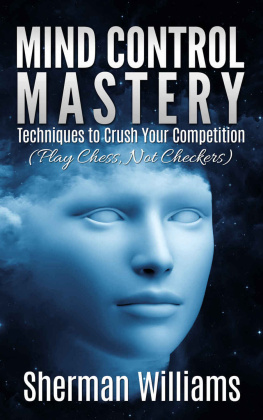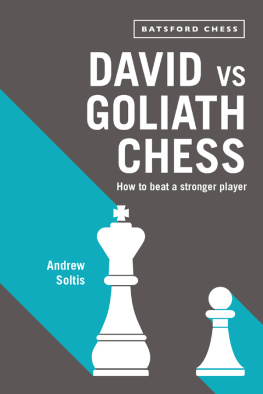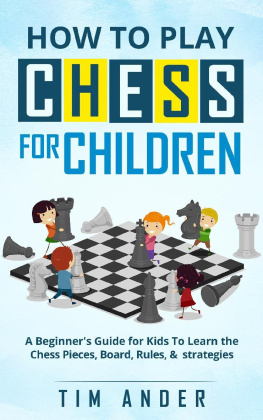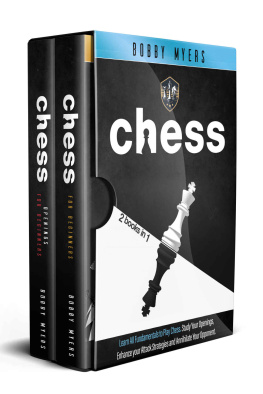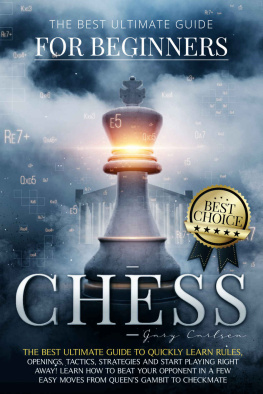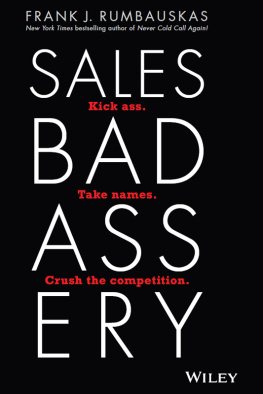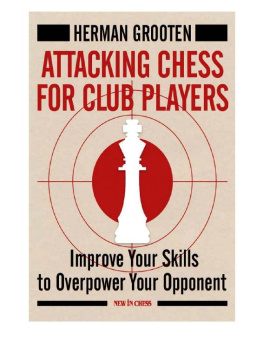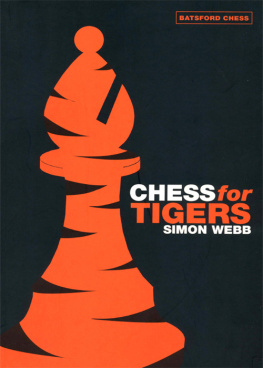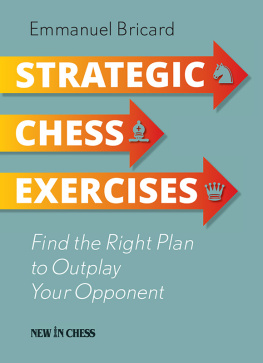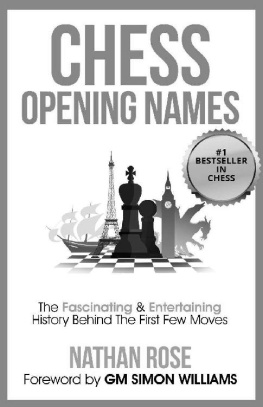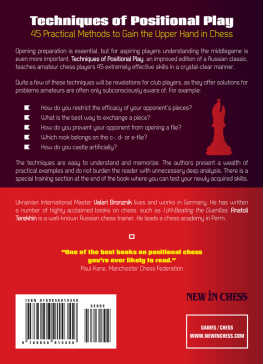Mind Control Mastery:
Techniques to Crush Your Competition (Play Chess, Not Checkers)
By Sherman Williams
Copyright 2015
Table of Contents
Introduction
As human beings, we all have the ability to make our own decisions. This is popularly known as the gift of free will, but others can manipulate this ability for their own benefit. This is mind control. You now have a choice: you can be either the manipulator or the manipulated.
This book, Mind Control Mastery: Techniques to Crush Your Competition (Play Chess, not Checkers), is designed to teach you to outmaneuver your competition no matter what they try. You will be influencing your opponents every move, which will give you the advantage of knowing every direction they will take. It must be noted that this book will not teach you to take full advantage of your competitions lives. Rather, it offers the ability to be on the winning side no matter the circumstances.
Each chapter of the book will take you step-by-step through utilizing mind control to your advantage. Chapter 1 contains a full background on what to expect upon learning different techniques for influencing others will. You will learn the extent of influence to which mind control is capable. Remember that every technique operates in the realm of reality. This chapter will point out some fallacies about mind control being propagated by popular culture.
Chapter 2 will begin to expose you to the existence of mind control in your everyday life. This will allow you to detect the most common techniques used to convince the populace of a single belief. This chapter will focus more on the influence of the media and modern technology. Exposing yourself to common techniques will allow you to determine whether someone is trying to manipulate you or has already succeeded to some extent. Knowing that you are under attack is the first key to determining future steps, and knowing what attack is being used is necessary to properly defend yourself against it.
The third chapter is dedicated to counter attacks. If you are not under attack, you can still utilize the information to control your competition. You will need to gather as much information as you can in order to deal with every possible scenario. You will also need to know your enemy, your battlefield, and most importantly, yourself and your capabilities.
Next, Chapter 4 will teach you the best ways to start your own attack against your opponent. You are still starting out in this stage, so not all of your attacks will be successful. You will need to learn to minimize the effects of failure and learn from these mistakes. As you progress, you will become better and better until you can strike when least expected.
Chapter 5 will teach you to take each battle one at a time. You will further understand that manipulating a persons mind is not as easy as waving a wand. This is where you will learn to slowly condition your opponents mind to your advantage. This chapter will give you the right tools to further reinforce your influence over the mind of your competition. Slowly building this reinforcement will pave the way to dominance over your target.
By chapter 6, you should be ready to cut your opponent off from any possible help. You will be reminded that having a target does not necessarily mean focusing on a single individual or group. You will need to include the possibility of third-party interference. You must learn to minimize this interference or cut it off completely. You will also learn to keep your opponent within your sphere of influence and prevent escape. Assuming you hold dominance by this point, you must then learn to create a foothold in order to protect your advantage.
The last chapter will focus on how you should act as the victor. Even though you have a clear influence over your opponent, control of a persons free will must never cross the line of morality. A true winner knows when to stop, and a real victor has the courage to keep salt from the opponents wounds. You will be given possible effects of your influence so that you can decide for yourself when to slow down or completely halt your progress.
The entire book is created to ensure that you, the reader, will win in your chosen field through mind control, but you must set aside any expectation that finishing this book will guarantee complete mastery of mind control. Each chapter is a single phase. It is highly recommended that after reading the entire book, you return to the first chapter and dwell on the steps until you feel ready to proceed to the next. Only then will you be able to play chess against those who think they are playing checkers.
Chapter 1 Mind Control Facts vs. Fiction
The idea of controlling minds is a popular one. The ability to influence free will implies a force to be reckoned with. The problem is that the power of mind control is prone to exaggeration. This can mostly be blamed on popular cultures tendency embellish reality with impossible feats. These beliefs often go beyond logic and cause people to think that mind control is a super power and thus, fiction.
The Reality of Mind Control
You must first remove any doubts you may have about the existence of mind control. It is a very real practice. Doubting its existence will only leave you more vulnerable to its effects because you will not be able to spot signs of manipulation. Not knowing about the attack means not having the ability to defend.
Second, you must understand that some ideas about mind control that you believe to be fictional are actually factual. For example, the effects of mind control, whether performed by you or on you, are difficult to spot due to the subtlety of the techniques involved. Through simple actions like repeating a word or showing you a specific color, anyone could be influencing your beliefs without your knowledge. It can even be done by merely suggesting that something exists. You may not have noticed yet, but the previous two paragraphs have been influencing your opinions regarding mind control. Now that you have been told about the attempt, you may doubt the validity of the author and the argument this last sentence also attempts to sway your mind and convince you that the book is a sham.
You can clearly see, then, that influencing a mind is simpler than you might be led to think, especially if the target is unaware that they are under attack the worst-case scenario. Therefore, we must agree that mind control exists. Chapter 2 will delve further into this topic by showing you the most common examples of mind manipulation.
It is also an established fact that mind control is usually implemented to create dominance over a certain target. Ads, for example, condition minds to buy a certain item or take advantage of a certain service. These ads are designed to subconsciously remain with the viewer: the more powerful the ad, the stronger its hold. This hold is often triggered by proximity to the product itself or situations that might require it. Your subconscious memory tells your conscious mind that you need the product, tricking you into believing that the decision was your own. You then buy it or use it, and the cycle repeats when the control is triggered again.
You will have experienced this scenario at some point or another; you may even be experiencing it at this very moment. To take the idea even further, think about why you prefer a certain brand to its competition or why you like a certain politician better than another. You might say that it comes solely down to your personal preferences, but why do you have these preferences? Your choice cant have come from nowhere; it started due to the influence that politician or brand has over you. The influence might be so deeply ingrained in your mind by now that you cant imagine preferring something or someone else.
Next page
